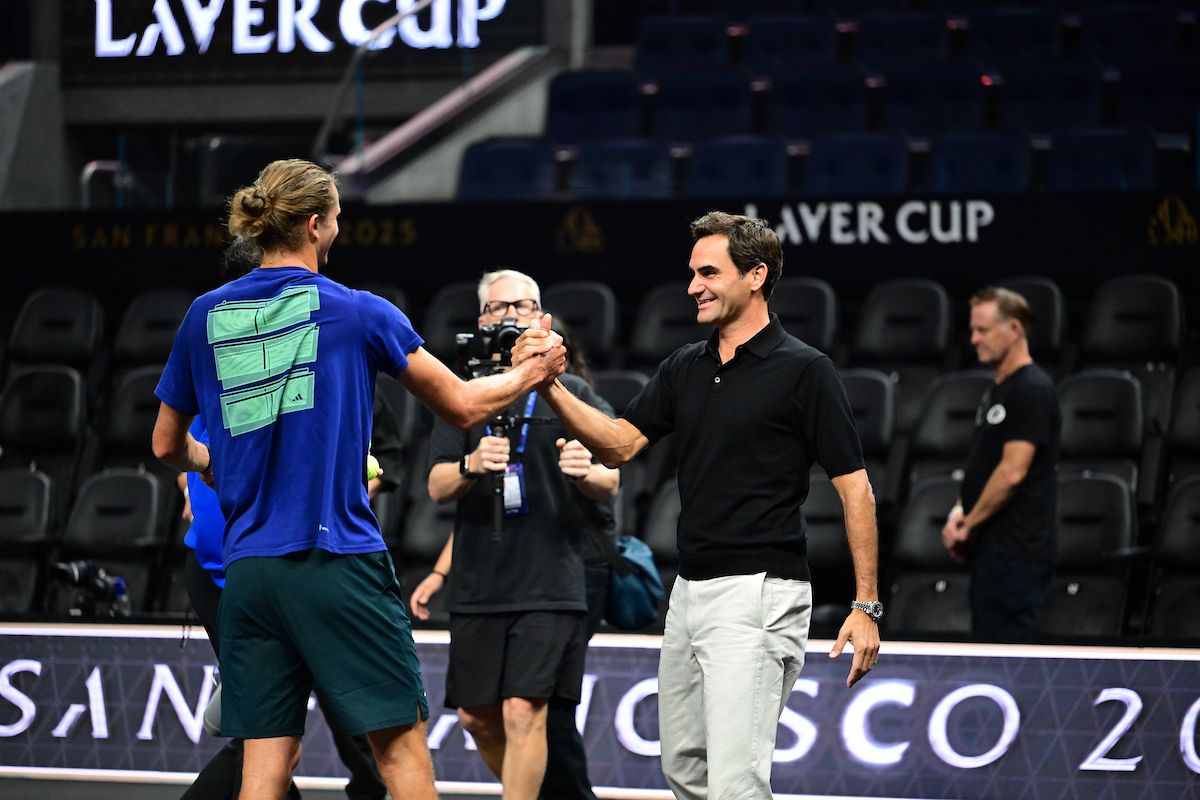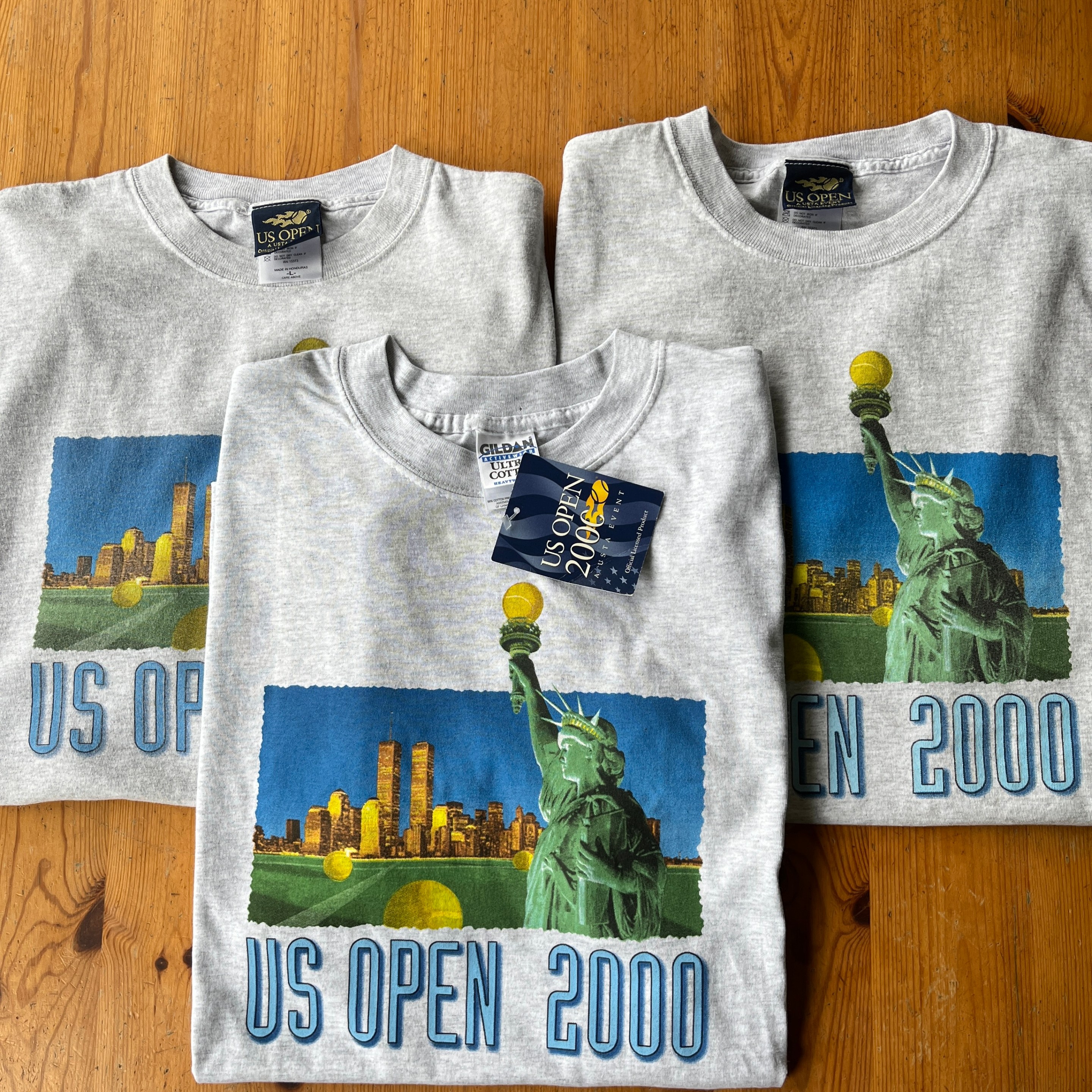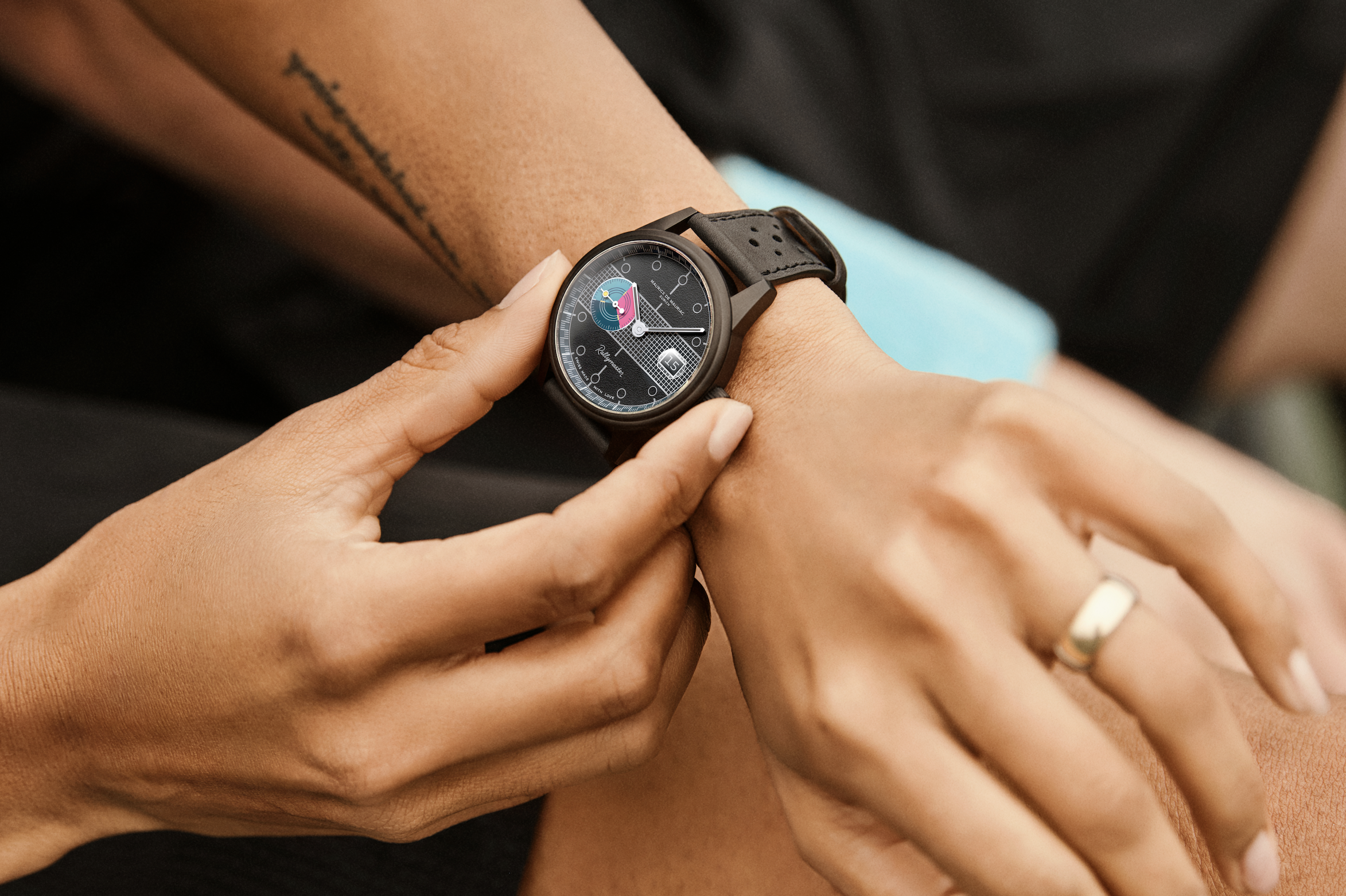On the latest episode of The Rennae Stubbs Tennis Podcast, we dive deep into one of tennis’s most persistent, and urgent, existential questions: Why does the sport lose its luster after the US Open, and what should be done about it?
Yes, we're hungover from the US Open—not just from the exhaustion of working the event, but from the realization that, for many, tennis’ most exciting moments seem to conclude in New York. Rennae recounts collapsing into bed before Coco Gauff’s epic third set, out cold from a week of chaos, excitement, and fandom. “You know what did me in—the first week,” she confesses.
Caitlin, meanwhile, reflects on the overwhelming surge of new fans and record-breaking attendance at Flushing Meadows. While she’s thrilled about tennis’s burgeoning popularity, she’s left asking: what becomes of all this momentum when the world’s attention swiftly shifts away from the sport in the third act of the season?
It’s a sentiment summed up by tennis writer Carole Bouchard, whom Caitlin cites: “If you go to a play, a three-act play, you don’t want all the action to happen in the second act.” Yet after the US Open, tennis seems to stumble into a listless third act. There’s the Asian swing, Billie Jean King Cup, Davis Cup, Laver Cup, and various tour finals, but as Caitlin admits, “I don’t care about any tennis that’s happening right now, and I want to.” The post-Open events, she argues, fail to capture the hearts of both die-hard and new fans alike.
Rennae echoes the issue from a player’s perspective: “After the US Open, everyone does think that tennis is over.” For players, schlepping to Asia for a string of tournaments can feel draining and disconnected—even if the paychecks are enticing. “As an Australian, I get that… it’s not great and it’s not easy,” she shares.
We agree the problem is bigger than just geography. It’s about overload, dilution, and a calendar that no longer serves players, fans, or the sport’s broader ambitions. “Too much stuff,” Caitlin asserts. Exhibitions, overlapping tournaments, and overloaded schedules wear down players physically and emotionally—leaving even top stars withdrawing weeks in advance or, as Rennae puts it, “shutting down a chunk of the season.”
Despite record viewership and bigger audiences than ever before, the tennis product loses steam post-US Open. “Now tennis very clearly… has been succeeding… There’s an influx of new eyeballs and new participants and new people who care about it,” Caitlin says. But she laments, “What are we doing from a product standpoint that’s helping them? And this ain’t it.”
Both Caitlin and Rennae rally behind bolder ideas: “Combine Davis Cup and Fed Cup, Billie Jean King Cup… A mixed event would be amazing.” They agree team competitions have intrinsic value—building camaraderie and national spirit—but the current structure needs a rethink to capture mass attention.
Caitlin pushes for a broader, fundamental reset: “A strong body of tours… I’m not sure the tours bring much value to the tennis world. All they seem to do is want to do their own commercial deals and market the players poorly, and they don’t have any brand equity in and of themselves.” She envisions a future where the Grand Slams consolidate, players unionize, and calendar reform becomes inevitable.
We close on a cautiously optimistic note. Despite concerns over post-US Open engagement, the hosts celebrate the idea that more voices, more podcasts (even from stars like Serena and Venus Williams), and more global events signal tennis’s deepening cultural relevance. “Tennis is getting all of these different voices that it’s always deserved. It’s getting all of these different media formats,” Caitlin points out.
Yet, the urgent takeaway remains: The tennis world has never had greater outside attention—or internal pressure—to get its act together. The decision-makers must grab this moment to optimize the calendar, maximize the sport’s appeal, and finally deliver a third act worthy of the drama that precedes it.






